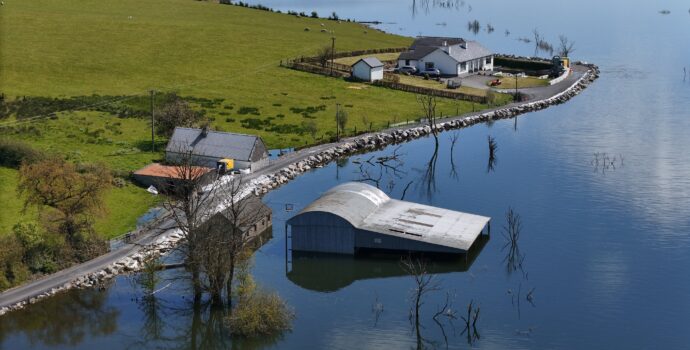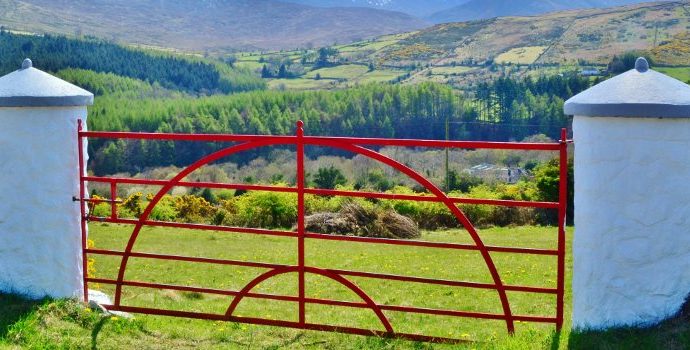COMMISSION MUST SECURE SOFT LANDING FOR ALL EU MEMBER STATES

IFA Dairy Chairman Kevin Kiersey criticised the EU Commission’s draft “soft landing” report to the EU Council and Parliament for misreading the situation on the phasing out of milk quotas, and for their suggestion that compensated production reductions could be used to deal with market crises. This is in fundamental contradiction with the phasing out of the milk quota regime, and not a credible solution to market slump.
Mr Kiersey said it was simply incorrect to suggest that nothing further needs to be done to smooth the transition to quota abolition before 2015. Some member states, including Ireland, the Netherlands, Denmark and Germany, were or would be experiencing milk quota price inflation, and farmers in those countries stood to suffer excessive superlevy fines.
Mr Kiersey urged Minister for Agriculture Brendan Smith and Ireland’s MEPs to look for greater flexibility in quota management to allow for a level of sustainable expansion before 2015. This could be done by allowing the minority of member states with moderate levels of over-quota production to offset this against unused milk quota in other member states.
“The majority of EU member states produce far less milk than their quota would allow them, and for them milk quotas are already irrelevant and valueless. In these countries, clearly, the so-called “soft landing” is already well under way,” Mr Kiersey explained.
“However, in some of the major dairy countries, including the Netherlands, Denmark and Ireland, quotas are getting dearer, and will constitute both a severe restriction and a rising cost for progressive farmers, instead of the zero cost targeted by the “soft landing” promoted by the Commission,” Mr Kiersey explained.
“Minister for Agriculture Brendan Smith and the Irish members of the European Parliament must look for greater flexibility from the EU Commission to allow for sustainable and efficient expansion by the progressive farmers who wish to invest in their farms without exposure to crippling superlevy. This could be done, without increasing the overall EU milk production, which the Commission clearly states is dwindling, if some of the EU’s unused milk quota were offset against moderate levels of above-quota production in other member states,” he said.
“Finally, I am puzzled by the proposal to provide for compensated voluntary reductions of supplies by farmers. It lacks any credibility as an emergency measure to deal with market slumps, and is fundamentally contradictory with the Commission’s decision to phase out milk quotas,” he concluded.




